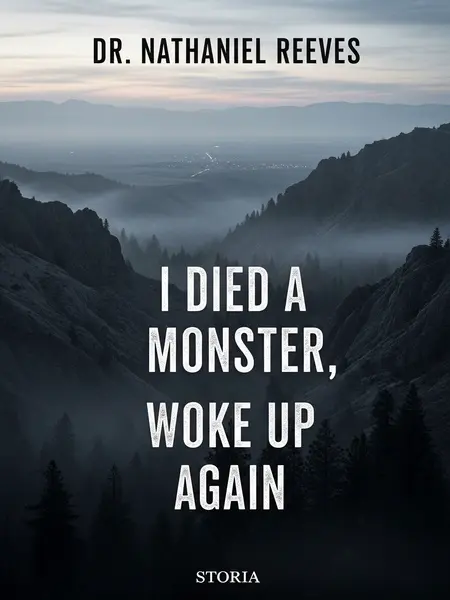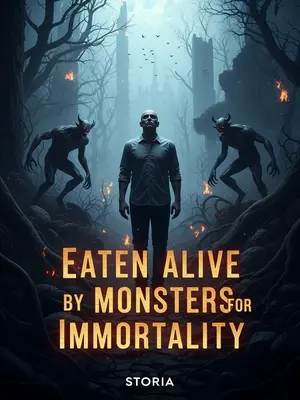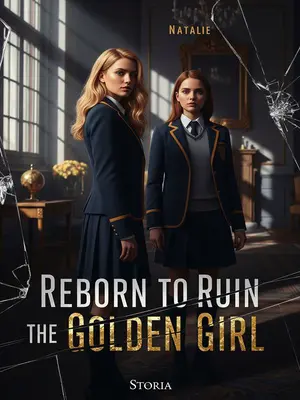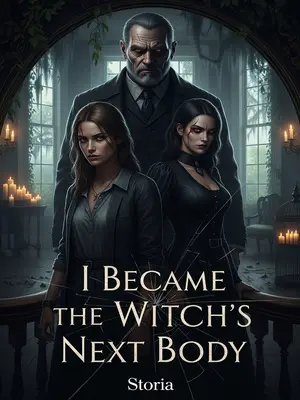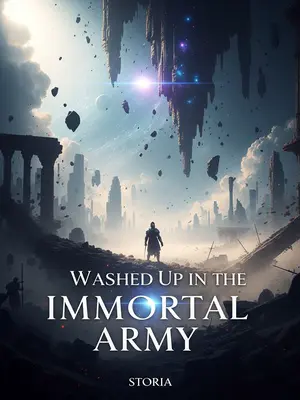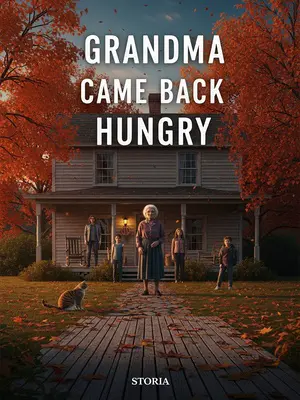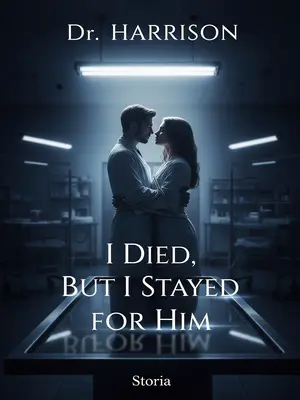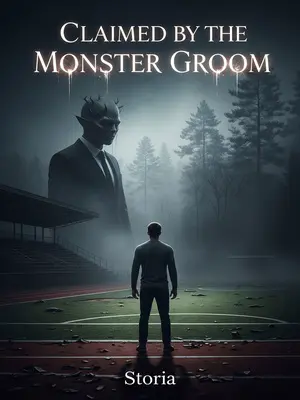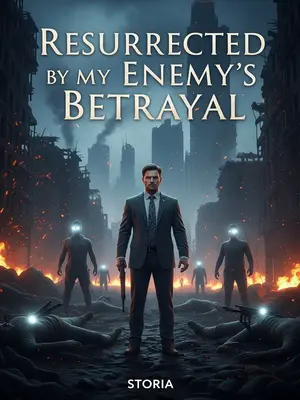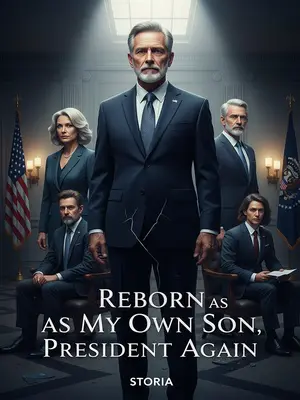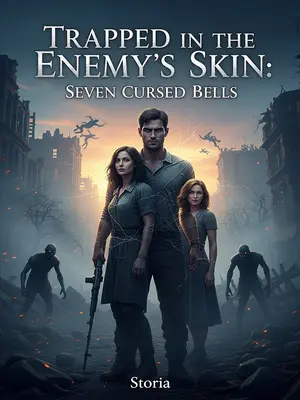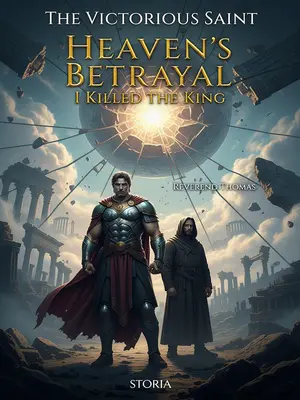Chapter 3: Wolves at My Door, Blood on My Hands
It was as if the clang echoed across two lifetimes, dragging the ghosts of my past into the present. My hands shook. I wiped sweat from my brow, trying to steady myself.
Back in Boston, they called me a rising star. Out here, I was just Doc Nate. Sure, I had a PhD in medicine and a string of awards, but none of that mattered now.
But, answering the call to help those in need in rural America,
I left behind the city lights, the fancy hospitals, and the promise of a tenured post. Montana called to me—the big sky, the honest people, the idea that maybe I could make a real difference.
I gave up a bright future and volunteered in the wilds of Montana.
My colleagues thought I was nuts. "You could have had it all," they said. But the thought of saving lives where no one else would go—well, that was worth more than money.
The living conditions here were simple, but out here, I finally felt like I mattered.
No Starbucks, no Uber, not even a reliable internet connection. But the air was clean, and at night, the stars looked close enough to touch. I felt needed. I felt alive.
Helping people with poor access to healthcare escape the pain of illness brought me a sense of purpose.
Every cough, every broken bone, every birth and death—I was there. I patched up ranchers, soothed fevers, delivered babies in the back of pickup trucks. The gratitude in their eyes was worth more than any paycheck.
They brought me pies, fixed my roof, called me Doc like I belonged.
They called me "Doc" with a kind of affection. They brought me pies, fixed my leaky roof, invited me to church picnics. I felt like I belonged, for the first time in a long while.
I quickly adapted and made many new friends.
It wasn't long before folks waved when I drove by, or stopped to chat in the general store. Kids would run up to show me their scraped knees, and the old-timers would swap stories with me over coffee.
But the arrival of one person destroyed my life—destroyed everything!
Her name was Savannah Cole.
Savannah had just turned 18, but she’d already done backbreaking work for her family for over a decade.
She was tough, wiry, with a sunburned face and hands calloused from work. She could wrangle a steer better than most grown men, and her laugh was sharp as a whip. But life hadn't given her many breaks.
Once, while herding cattle for her family, she rolled down a rocky hillside nearly forty feet high. The ranch hands found her at dawn, twisted at the bottom of a ravine. They carried her in, limp as a rag doll, blood matting her hair. I remember the metallic tang of blood, the dust on her boots, the panic in her parents' eyes.
When she was brought to the clinic, she was dying, barely hanging on.
Her breathing was shallow, pulse thready. I could see the life draining out of her. Her parents' faces were gray with fear.
Her parents’ gut-wrenching cries are still vivid in my memory.
Her mother wailed, clutching at my coat. Her father just stood there, fists clenched, eyes hollow. The sound of their grief stuck with me long after.
Savannah’s condition was critical.
Broken ribs, a punctured lung, internal bleeding. Every second counted. I felt the weight of her life pressing down on me.
At the time, I was sick myself, still recovering from a nasty flu.
I was burning up, sweat plastering my shirt to my skin. My hands trembled, and every breath rattled in my chest. But there was no one else. I had to push through.
My fever was pushing 104, and just walking a few steps left me drenched in sweat.
I remember leaning on the exam table, willing myself not to pass out. My vision blurred, but I kept moving. The world narrowed to the girl on the table and the clock ticking on the wall.
But with a patient on the brink of death in front of me, as a doctor, I couldn’t turn away.
Oath or no oath, I couldn't let her die. Not if I could help it. I wiped my forehead, forced a smile, and got to work.
So I quickly pushed her parents out and began treatment immediately.
"Let me do my job," I told them. I closed the door, scrubbed in, and started the grueling process of stabilizing her. My hands moved on muscle memory, even as my head swam.
Halfway through, because of a lack of medicine, I told them to go to the nearest hospital in Billings to get more.
I realized I was out of the one drug that could save her. I told her parents, "You need to get to Billings. Now."
